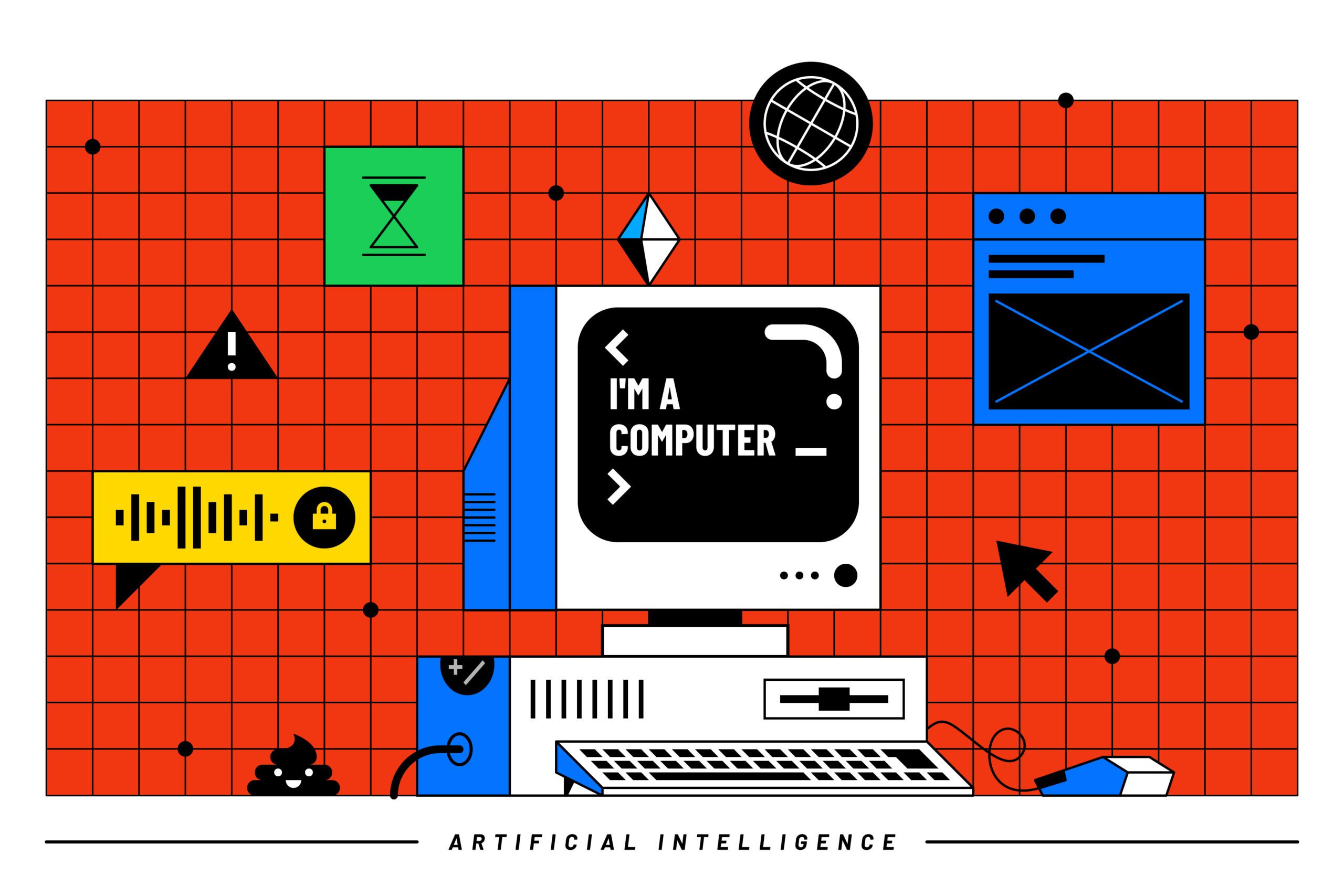Insights from Recruiters Websites
Downsides of AI in recruiting: A practical approach

Artificial intelligence (AI) is a rapidly growing technology that has transformed many industries, including recruitment. AI has been integrated into the recruitment process to assist HR teams in identifying and hiring the most qualified candidates. While the use of AI in recruiting has many benefits, including increased efficiency and reduced bias, there are potential cons that employers need to be aware of.
Here are some of the downsides of using AI in recruiting.
Data-Based Bias
One of the potential cons of using AI in recruiting is the risk of reinforcing bias. Even though AI is designed to be objective and unbiased, it is only as unbiased as the data it is trained on. If the data used to train the AI contains bias, the AI will perpetuate that bias in its recommendations. A study conducted by the AI Now Institute found that many AI recruitment tools were found to be biased against women, minorities and those with disabilities due to the biased training data that was used to develop them. This can result in the exclusion of qualified candidates from diverse backgrounds, which can have a negative impact on both the organization's diversity and its reputation.
Depersonalization
Another potential con of using AI in recruiting is the risk of alienating candidates. While AI can improve the efficiency of the recruitment process, it can also depersonalize it, making candidates feel like they are just a number. Candidates can feel like they are not being listened to and their unique skills and experiences are not being considered when they are being evaluated by an AI. This can result in candidates choosing to apply to other organizations that have a more personalized approach to recruitment.
Digital Legal Missteps
The use of AI in recruiting can also have legal implications. If the AI is used to make hiring decisions, it must comply with the Equal Employment Opportunity Commission's (EEOC) guidelines on fair hiring practices. If the AI is found to be discriminatory, the organization could face legal action. In addition, if the AI is used to screen resumes, it could potentially violate privacy laws if it collects and uses personal data without consent.
Losing (Human) Touch
While AI can streamline certain aspects of the recruitment process, it cannot replace the human connection that is necessary for successful recruiting. Candidates often appreciate the opportunity to speak with a recruiter, ask questions, and get a sense of the organization's culture. Without this human interaction, candidates may not feel as connected to the organization and may be less likely to accept a job offer.
While AI can offer many benefits to the recruiting process, there are potential cons that employers need to be aware of. The use of AI can perpetuate bias, alienate candidates, have legal implications, and result in the loss of human touch. To avoid these downsides, employers need to ensure that the AI they use is trained on unbiased data, provides a personalized experience for candidates, complies with legal guidelines, and is used in conjunction with human recruiters. By using AI responsibly, employers can reap the benefits of increased efficiency and reduced bias, while still providing a positive experience for candidates.
—
At Recruiters Websites, we help our clients accommodate and adapt to the latest technologies, helping them to avoid pitfalls and truly capitalize on the potential of these business building tools.
Insights & News